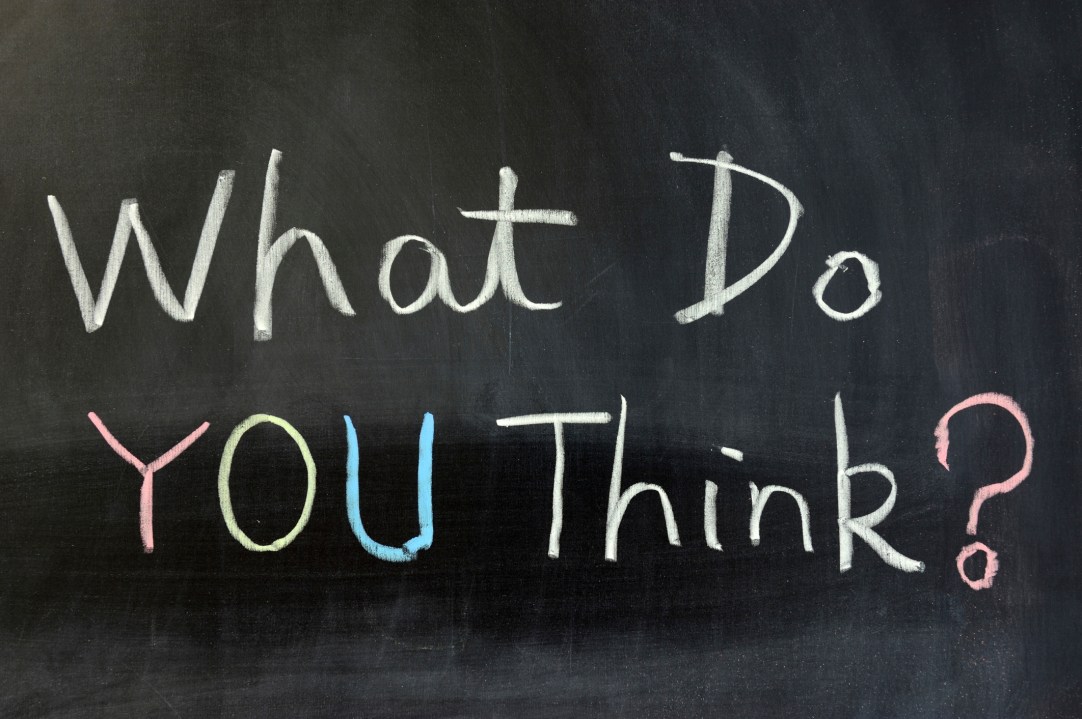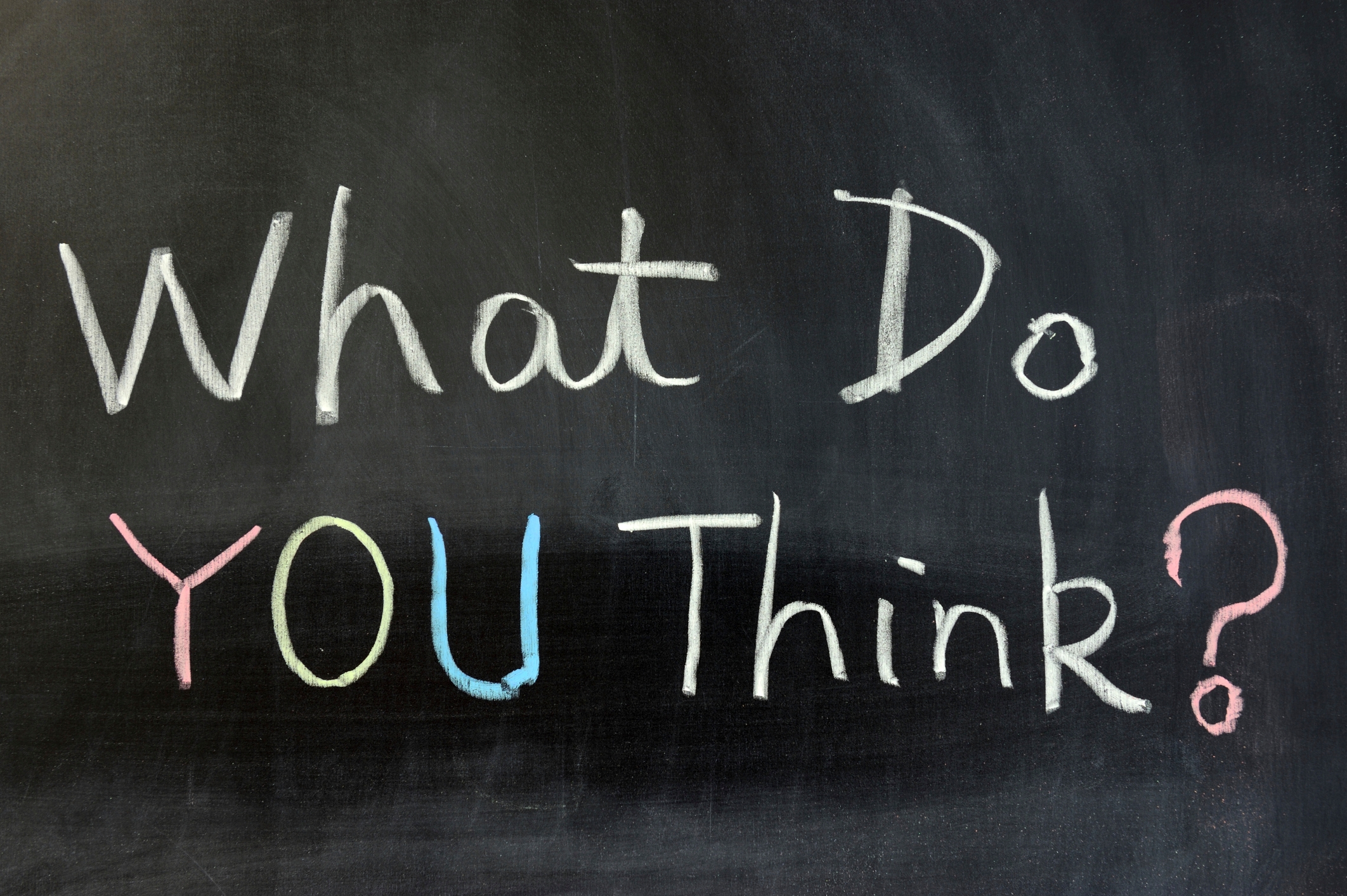‘Where do you stand on Syria?’ asked my stepson. Tricky one. Clearly, the Assad regime is loathsome and the West should exert more pressure to end the bloodbath, but on the other hand I’m not convinced we should be doing anything at all to help the divided rebels, not least because the faction that takes over will have lots of scary chemical weapons at its disposal.
My steppy’s eyes glazed over. I didn’t have a view at all. That’s what he was thinking as he reverted to his iPhone for a far more stimulating exchange than anything I was offering.
How wrong he was. My position is as clear and undiluted as the vodka in my tumbler before the intrusion of tonic. I don’t know.
What about global warming? Again, not easy. Instinctively I’m wary of the BBC doom-mongers and others who predict that the end of the world is nigh, but then whenever dear James Delingpole has a rant I find myself gingerly crawling into the George Monbiot camp.
The truth is that on a great number of pressing issues, I lack that crucial component that did so much to sustain Margaret Thatcher during all those years in office: conviction. But whereas it used to bother me that I was so open to persuasion, now I am perfectly happy to put up with what others might regard as the discomfort of uncertainty.
And I’m not alone. Most sensible people are prepared to rough it in the Not Sure carriage before eventually reaching the end of the line and waiting for the answer to the greatest conundrum of them all.
Indeed, Matthew Parris came out just the other day as a Don’t Know hero, specifically on the issue of Britain’s membership of the EU. Writing in the Times, he recalled a speaking engagement when questions from the floor moved to the vexed issue of David Cameron’s proposed referendum. A member of the audience wanted to know how Mr Parris would vote. In? Or out? Sadly, ‘shake it all about’, as he put it, was not an option. ‘The honest answer is that I do not know,’ he wrote. ‘I flap wretchedly in the breeze… there are more people in Britain who share my frame of mind than the confident minorities on both sides begin to -imagine.’
Of course, the truth that dare not speak its name is that the Prime Minister doesn’t know either. He has to come across as resolute, but deep down he’s as unsure as the rest of us. No one can say what will happen if we head for the Brussels exit, just like no one can predict the future with any certainty if we decide to stick around in Mrs Merkel’s club.
It’s a punt — and listening to politicians pretending otherwise is wearying. Just like pub bores who only pause for breath when asking ‘your round or mine?’, our know-it-all politicos keep their counsel only while travelling between television and radio studios. It’s as if the people they are trying hardest to convince are themselves.
I’d go as far as saying that we Don’t Knows are an altogether more civilised and tolerant bunch than those who either hold a weak opinion strongly or cling weakly to a strong opinion. But it’s certainly true that those who think they are right about everything are to some extent the lucky ones.
I bet my old friend Peter Hitchens does a lot less tossing and turning at night than me. He goes to bed convinced about where to lay the blame for the world’s ills, and wakes up with a ‘not for turning’ spring in his step.
Take gay marriage. I’m unhappy about it because I’m keen on the notion of our being a Christian country and I would like Christian principles to inform our laws, morals and personal behaviour. Nothing in the Bible or the Book of Common of Prayer has persuaded me otherwise — and yet when I hear someone like Chris Bryant, the gay Labour MP, discussing it on Question Time I wonder if I am hopelessly out of touch. After all, I was against women becoming priests but now see the error of my ways on that one, just as I do on the banning of smoking in pubs and restaurants.
Question Time has a lot to answer for. One minute I’m thinking to myself, ‘I’m with you there, couldn’t have put it better myself’ and then a different member of the panel pops up with an equally plausible argument.
Leslie Weatherhead, the late, great Methodist preacher who wrote a brilliant and moving book called The Christian Agnostic, befriended doubt in such a way that oscillation should not always be seen as a bad thing. Frankly, it’s the woolliness of the Church of England that warms my heart — and the polarisation of Westminster politics that turns me cold.
One of my favourite Bob Dylan lines comes from My Back Pages, which the now 71-year-old recorded in 1964: ‘Ah, but I was so much older then, I’m younger than that now.’ I take that to mean that as you get older you get less, rather than more, sure of where you stand.
I am beginning to think that as long as you give due diligence to both sides of an argument, there are few points of view more liberating or more human than an honest don’t know.







Comments